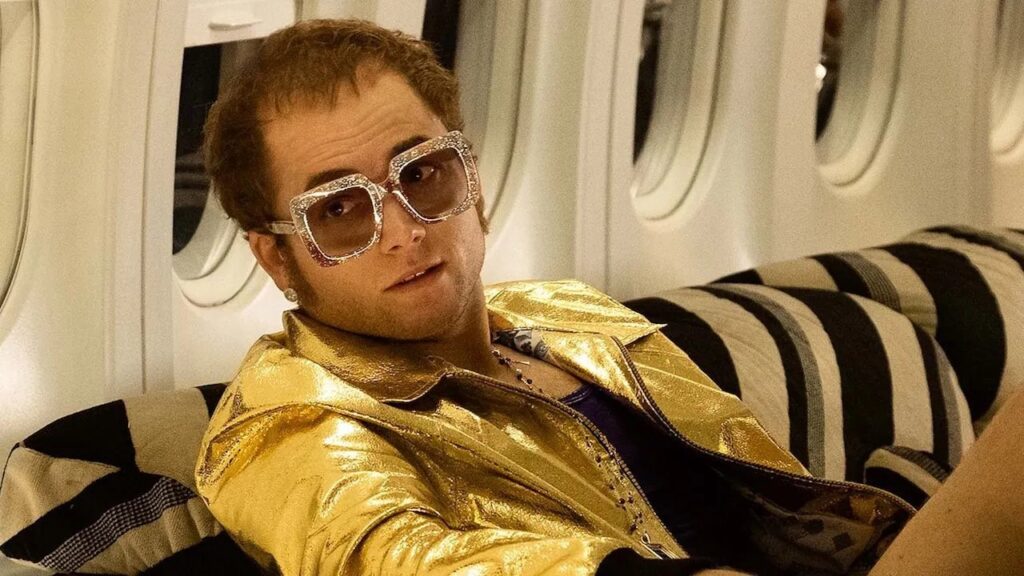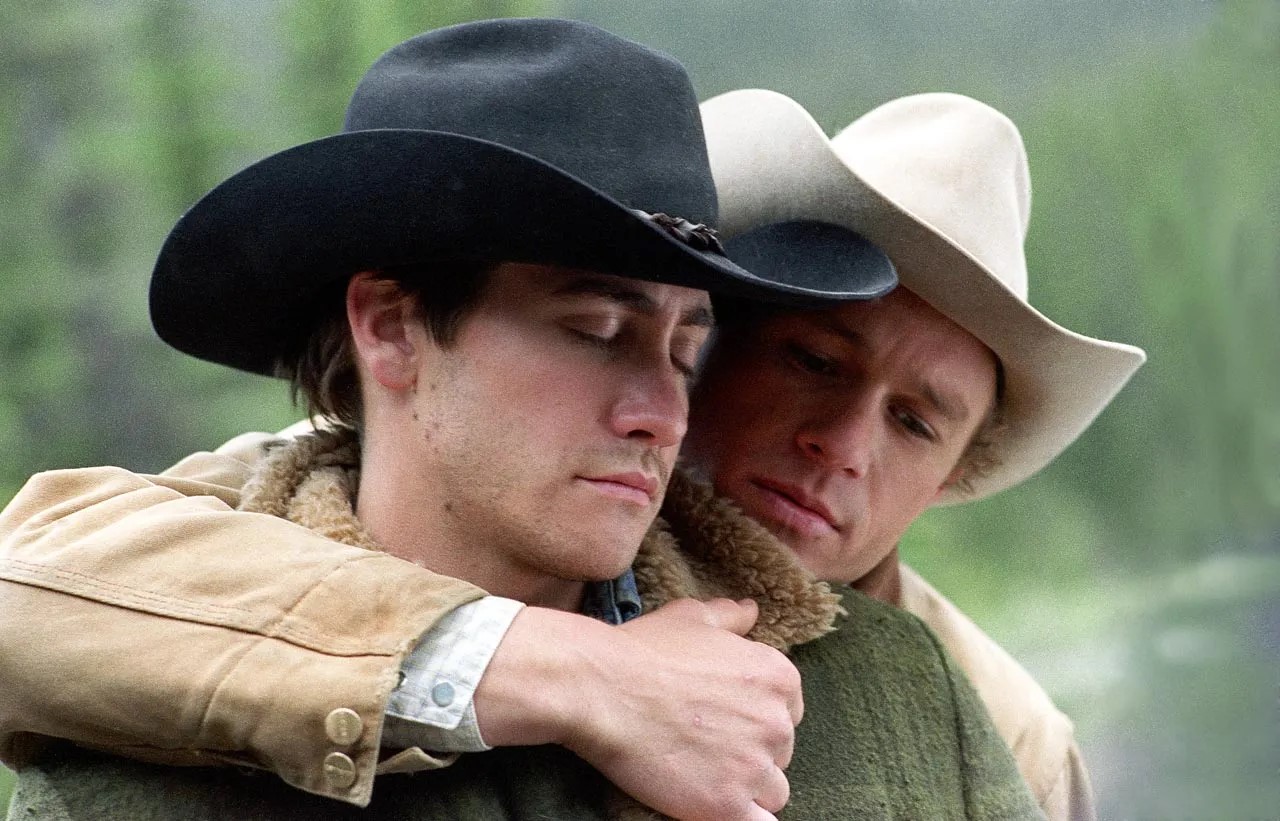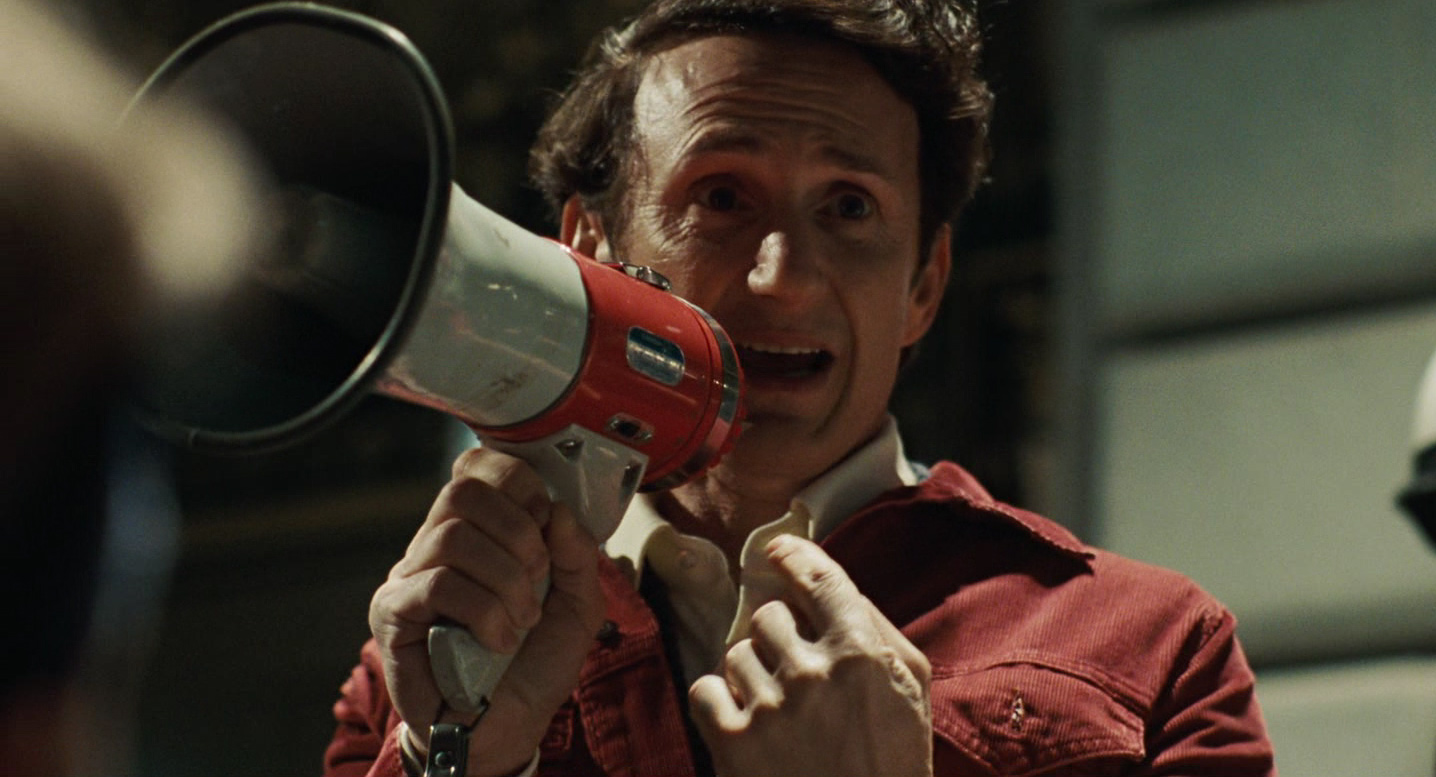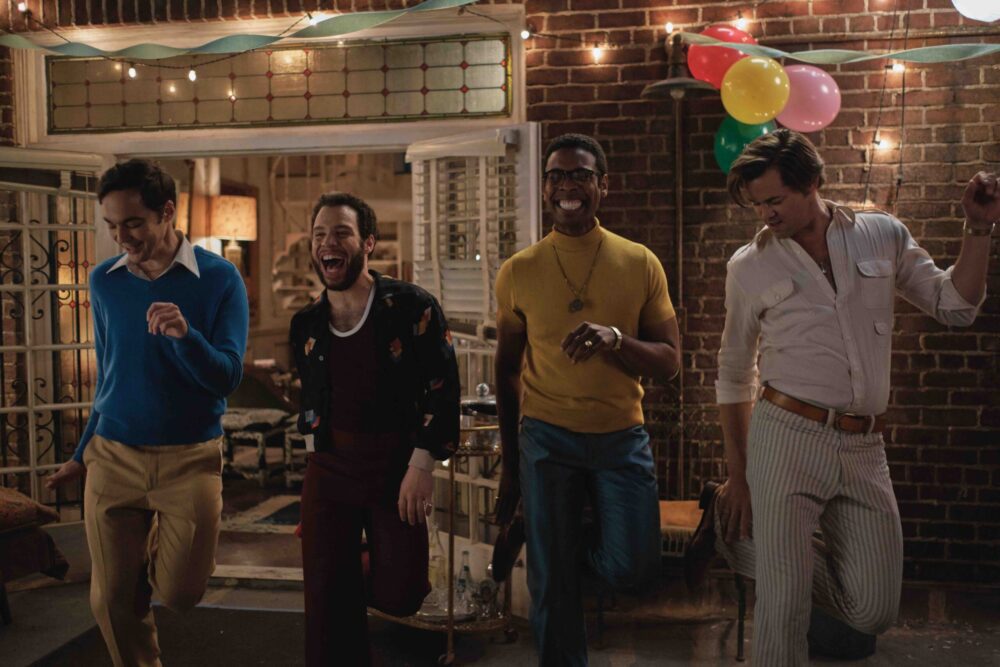Straight actors have frequently been cast in leading gay roles, often to critical acclaim but sometimes amid controversy over the authenticity of these portrayals. For example, in Brokeback Mountain (2005), Heath Ledger and Jake Gyllenhaal, both straight actors, took on the challenging roles of Ennis Del Mar and Jack Twist, a gay couple whose relationship spans several decades.
Their performances were highly praised, earning accolades and stirring strong emotions in audiences. Yet, their casting also led to discussions about whether a gay actor might have offered a more nuanced and personal interpretation of these roles, given their lived experiences.
Similarly, Sean Penn’s portrayal of Harvey Milk in Milk (2008) earned him an Academy Award and was lauded for its depth and sensitivity. However, the choice of a straight actor to play such a pivotal gay rights figure sparked debates about whether a gay actor could have brought additional authenticity and insight into Milk’s life and struggles.
Straight actors like Robin Williams and Nathan Lane in The Birdcage (1996) and Taron Egerton in Rocketman (2019) further exemplify this trend. While their performances were well-received, these casting choices continue to spark discussions about the implications of straight actors playing LGBTQ+ roles. Bohemian Rhapsody (2018) is another example where a straight actor, Rami Malek, portrayed Freddie Mercury, the iconic gay lead singer of Queen.
On the other hand, there has been a growing trend towards casting gay actors in leading gay roles, reflecting a shift towards more authentic representation.
The Boys in the Band (2020) further exemplifies this trend, featuring a cast of openly gay actors, including Jim Parsons, Zachary Quinto, and Matt Bomer. Their portrayals of gay characters brought a level of authenticity and emotional resonance to the film, reflecting their own experiences and contributing to the film’s impact.
Similarly, Pride (2014) featured a predominantly gay cast, including Andrew Scott and Ian Gelder, whose performances added depth and realism to the story of LGBTQ+ activists supporting striking miners in the 1980s.
Casting gay actors in gay roles not only enhances the authenticity of the portrayal but also provides important opportunities for gay performers to showcase their talent in roles that resonate with their own experiences. This shift towards more inclusive casting practices reflects a growing recognition of the importance of genuine representation in creating a richer and more diverse cinematic landscape.
The debate over straight versus gay actors in gay roles highlights the ongoing need for more thoughtful and inclusive practices within the film industry. By addressing these issues and promoting diverse representation, the industry can work towards creating a more authentic and inclusive portrayal of gay male experiences, enriching the cinematic landscape and providing meaningful opportunities for LGBTQ+ actors.
